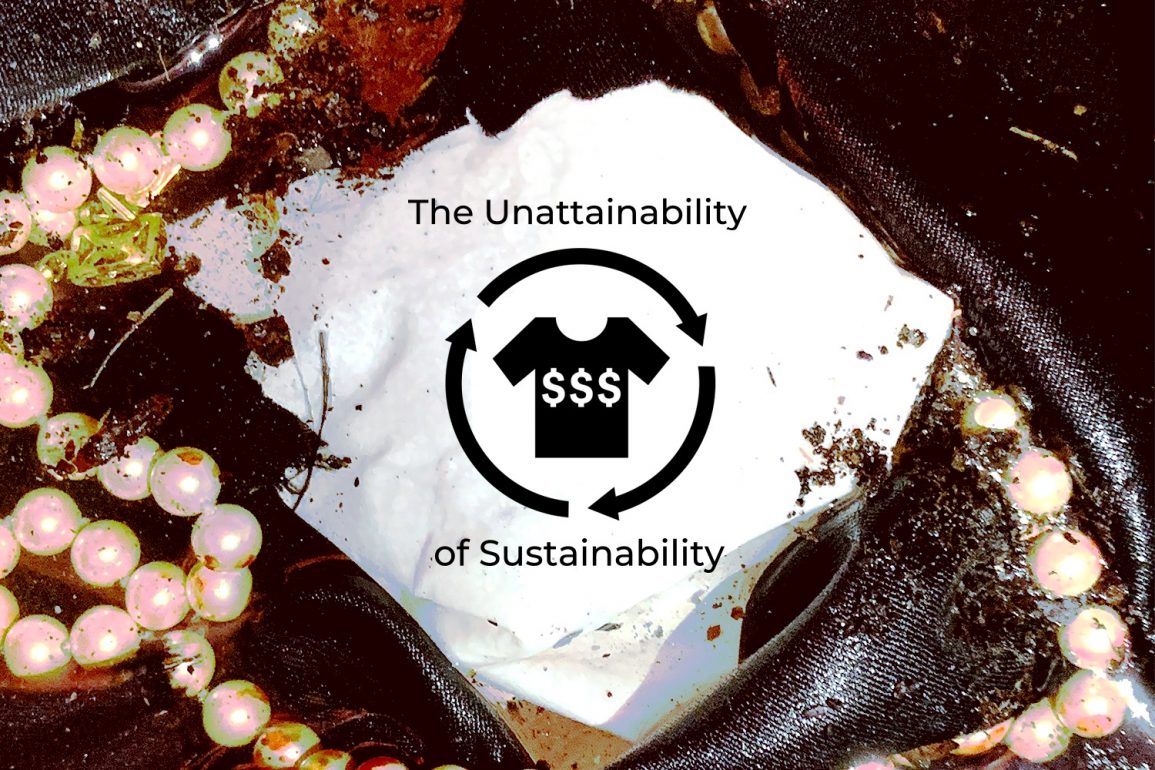Reformation. Everlane. Allbirds. The three things all of these brands share is their passion for the environment, a sustainable supply chain and their commitment to halting the fast fashion epidemic in its tracks. The only obstacle? Their price point.
Fast fashion has long been on the rise within the fashion industry, and is a trend which seemingly can’t be stopped. The toll fast fashion takes on our world is devastating, especially with the industry being the second biggest pollutant to our environment.
Brands like Reformation and Everlane set out to make this reality a better one. By formulating a transparent supply chain, creating innovative materials and putting just a little more dedication into their behind-the-scenes work, these brands have quickly skyrocketed into international phenomenon.
The obsession with the “Reformation girl” and their penchant for romantic, floral mini and midi dresses has only served to bolster the love for the brand. Everlane has impressed the fashion industry with their more minimalistic pieces—beautifully tailored button downs and elegant boots. The best thing about all of these pieces? They’re all sustainably made.
So why, with all this love for these brands such as Reformation and Everlane, am I not more drawn to them? Sure, I love looking at Reformation’s site, dreaming of statement pants and sustainably-made silk skirts, but I just can’t get over their price tag. For most college students, spending $220 on a floral maxi dress they could get at Urban Outfitters for $75 doesn’t make much sense. How can we, as college students, continue to support sustainable fashion when we often don’t have the bank balance to afford a four dollar coffee at Foxy Loxy? Although most of us know exactly why these pieces are so expensive, it’s so hard to justify, especially when you factor in the student loans, expensive art projects and the fear of saving for after graduation. The answer seems simple to us as consumers, but it’s challenging for the brands we expect to have a balanced solution.
With such a plethora of accessible, cheap pieces available on the market, sustainable brands lose a huge portion of sales to those who flock to Forever 21 and H&M. If brands like Allbirds, Everlane and Reformation put a portion of their budget towards creating a more accessible price point with the same high quality, they would win over an entirely new segment of the market.
For example, Reformation focuses on donating “Carbon Credits” to companies working to maintain the forests worldwide. They’ve created a Restricted Substance List to ensure that all of their products are safe for their customers to own. All of Reformation’s packaging is made from 100% recycled materials to continue the lifecycle of old papers, and they refuse to use plastic in order to minimize their consumption of harmful materials. They source fabrics locally, manufacture 65% of their products in Los Angeles and try to keep their production as close to home as possible (as stated on Reformation’s website). All of these factors work together to make Reformation the high-quality, exclusively sustainable brand it’s become.
But they also create a challenge when it comes to the price tag. Putting in the effort behind the product forces the brand to raise their prices in order to make a profit. If Reformation were able to create a sustainable environment for their supply chain and simultaneously create products which are more attainable for consumers at a lower price point, they would have already solved the problem of fast fashion. However, this can’t be done until Reformation and all other similar brands are able to discover an alternative to the price tags currently placed on their sustainable practices. There’s got to be a middle ground.
Of course, this isn’t something that can happen overnight, but the best way to ensure the industry reduces carbon emissions, yields less waste and still maintains the love and passion for the innovation of fashion is by solving the problem of accessibility. Making sustainable pieces accessible for not only all body types, but for all wallet types confirms that the future of the industry will flourish.
Graphic by McKaley Meyer

